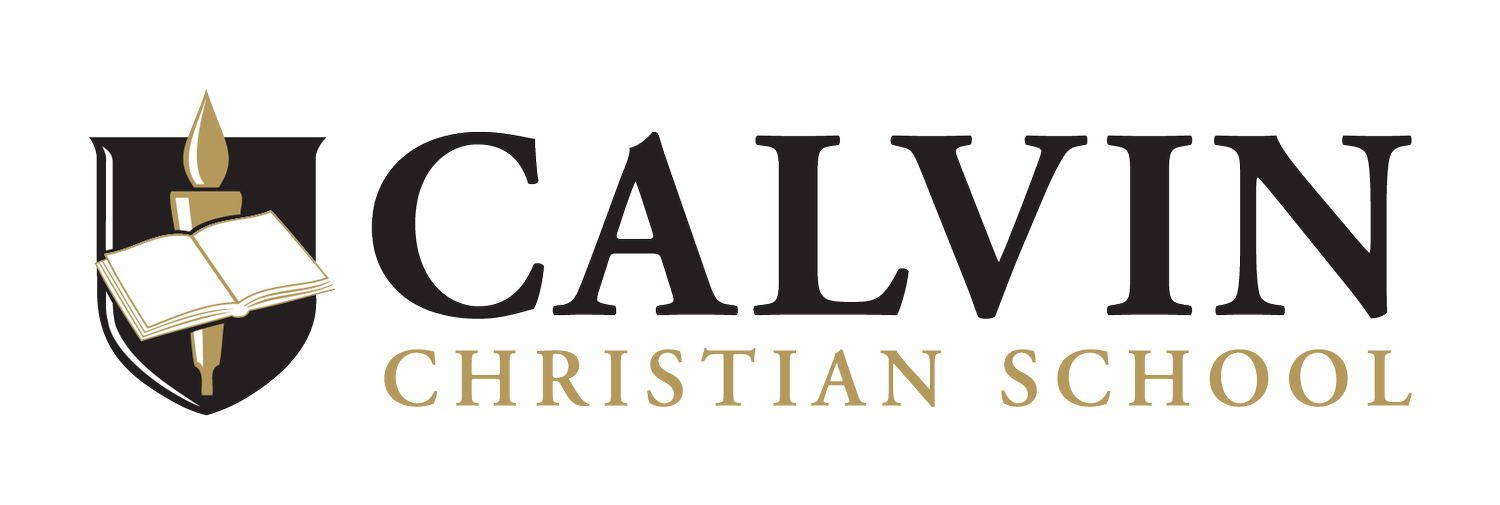A core mission of any school is to keep children safe. This is an essential minimum standard. However, in some circumstances, it is also challenging and aspirational.
There are many dimensions to safety, and as a Christian school we include the spiritual dimension as central to our definition.
Many naturally think of safety in terms of the shepherd tending the flock. This is, in many ways, a natural and appropriate metaphor for the teacher-student relationship. It conjures images of lambs and attendant shepherds amid lush green pastures. Keeping students safe in this vision only requires maintaining a defensive vigilance to prevent danger from entering. The extension of this idea makes schools places to gather children away from the dangers of the world. Of course, this is truly part of providing a safe environment.
However, achieving safety for the lambs requires more than defensive vigilance. It requires offensive action. The notion of the good shepherd killing the bear and lion to protect the lambs is confronting, even incongruous with the simple romantic vision of shepherding. Sensing impending danger, the shepherd needs to act (1 Samuel 17:34-36).
“The simplistic metaphor of the shepherd and the lambs will only carry us so far in our understanding of being safe”
The simplistic metaphor of the shepherd and the lambs will only carry us so far in our understanding of being safe. This pastoral image of lambs skipping and frolicking is more incongruous with the active energy of the secondary school years. Lambs grow up to take their place in the world.
Our goal as parents and teachers is to assist our children in developing the awareness to protect themselves by detecting snares, traps, and pitfalls. Achieving complete safety is elusive and questing for it is foolishly utopian. Christ calls us to walk in wisdom and understanding, ‘I am sending you out like sheep among wolves. Therefore, be as shrewd as snakes and as innocent as doves’ (Matthew 10:16). In Matthew 13:24–30, Jesus even counsels us that evil will exist in the world.
Many of our problems in education, parenting and society stem from a simplistic view of pastoral care. We err if we diminish the necessity of fighting to protect our loved ones.
For a number of years our reference point for pastoral care has been Jesus’ High Priestly Prayer (John 17: 1–26):
Just prior to his crucifixion, Jesus gives an account to his Father in heaven for his time on earth and asks in prayer for God to protect the disciples. He acknowledges that he has revealed God to the disciples, that they know Jesus is God, and that they have the word.
In verse 12 he reveals the essence of his ministry to the disciples.
‘While I was with them, I was keeping them in Your name which You have given Me; and I guarded them and not one of them perished but the son of perdition, so that the Scripture would be fulfilled’ (John 17:12 NASB emphasis added).
“Children are safest within secure boundaries and with those that actively defend them”
Jesus does not celebrate the number of healings, the miracles of the fishes and loaves and water into wine, neither does he celebrate the hordes of captives he set free. He has lived a dynamic, rich, and even explosive ministry over his years. Yet he does not see these as worthy elements to catalogue in this prayer.
Having revealed the Father and given them the word, just two things are important to Jesus:
‘I kept them in Your name’, and
‘I kept them safe from the world and the evil one’.
Jesus was well aware that the fate of the church rested on these eleven disciples. He reveals as much to Peter (Mt 16:18).
The word disciple can be accurately translated as learner. It does not require any great intellectual leap to move from these men in the gospels to today’s students at Calvin. Both are the means by which God moves His kingdom forward. Both are living stones in the Kingdom of God (1 Peter 1:15).
What will our children do for the Kingdom in the future?
Adults make a substantial contribution to both the individual’s future and the advancement of the Kingdom by keeping them safe.
There are two dimensions to this safety:
Keeping them safe – this involves using both defence and offence on their behalf;
Making them safe – this can require restoration to soul and spirit, which we know colloquially at Calvin as ‘the car wash’.
The defensive and restorative aspects of pastoral care are publicly regarded and often first to mind. It appears to me that we too often forget the necessity of the offensive dimension in keeping them safe.
Now, as in Jesus’ time, this battle is predominantly against ideas. For many in our community, but not all, the threat of physical violence through vulnerability and misuse of power has diminished. Of course, this very security was achieved by battling against ideas.
As a school we must take a position on ideas, and express our views. To the degree required, we must engage and depose false and destructive ideas. The most dangerous ideas are often the most alluring and likeable.
As a school it is entirely appropriate that the ‘weapons’ of our warfare are intellectual skill, gracious action, compassionate service, a courageous stance, and fervent prayer.
As a school we must promote our values and challenge those who threaten security and health. As Faramir tells his love in The Two Towers (J. R. R. Tolkien),
‘War must be, while we defend out lives against a destroyer who would devour all; but I do not love the bright sword for its sharpness, nor the arrow for its swiftness, nor the warrior for his glory. I only love that which they defend’.
Children are safest within secure boundaries and with those who actively defend them.
Iain Belôt – Principal

